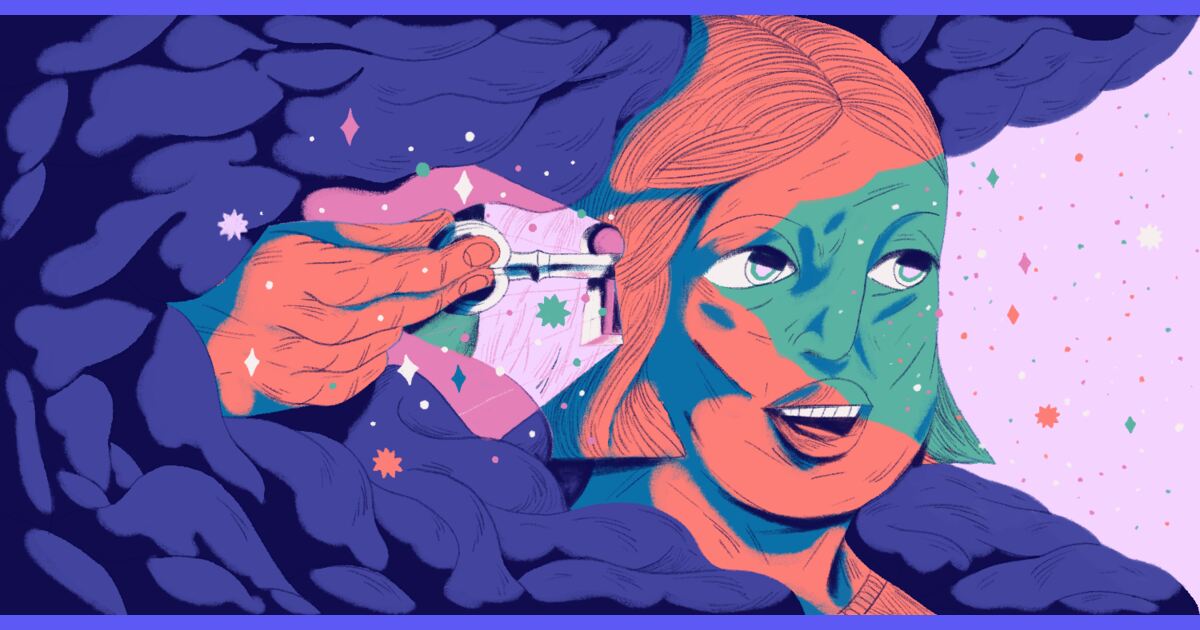The use of ketamine, a surgical drug with psychedelic properties, has seen a significant rise in the United States as an alternative treatment for pain, depression, anxiety, and other conditions, as doctors reduce their reliance on opioid painkillers.
Ketamine for Depression And Anxiety: What to Know
With a surge in ketamine prescriptions, concerns are emerging about its safety and potential for over-prescription, echoing past issues that led to the opioid crisis.
Ketamine, originally approved for use as an anesthetic over 50 years ago, has now found a niche in the world of pain management and mental health. However, its effectiveness in treating pain remains poorly researched, and some experts fear that it is being adopted without a solid scientific foundation, potentially putting patients at risk.
Dr. Padma Gulur, a pain specialist at Duke University, noted the lack of options for pain management, leading to a rush to embrace ketamine without sufficient scientific backing. Her research involving 300 patients revealed that over a third of them experienced significant side effects, including hallucinations and troubling thoughts.
Despite its use, ketamine did not lead to reduced opioid prescriptions in the months following treatment. This contradicts the common goal of using therapy to decrease opioid use.
Ketamine operates by targeting glutamate, a brain chemical messenger associated with both pain and depression. Its psychedelic effects, which some practitioners consider crucial for therapeutic outcomes, can be disconcerting for patients.
Ketamine clinics, which have sprung up across the country, often charge patients out-of-pocket since most insurance plans do not cover non-surgical ketamine treatments.
The demand for ketamine has led to a more than 500% increase in prescriptions since 2017, with pain being the most frequently cited reason for its use, closely followed by depression.
This burgeoning industry has attracted venture capital investments and consulting services aiming to help doctors establish new clinics. Telehealth services like MindBloom and Joyous have also entered the market, connecting patients with physicians who can prescribe ketamine remotely.
The lack of clear scientific evidence, combined with a relaxed regulatory environment, has created what some experts describe as the “wild west” of ketamine prescribing. While the drug’s long-term effects and safety remain largely unknown, its business model is well-established, with physicians purchasing ketamine at a low cost and charging patients significant fees for infusions.
The situation raises concerns about patient safety, as compounded versions of ketamine are not regulated by the FDA. Even the agency’s warnings about the safety of these compounded ketamine products have not led to substantial changes in the field.
In this evolving landscape, the medical community faces a complex challenge: balancing the potential benefits of ketamine treatment with the need for rigorous research and oversight to ensure patient well-being.








Leave a Reply
You must be logged in to post a comment.